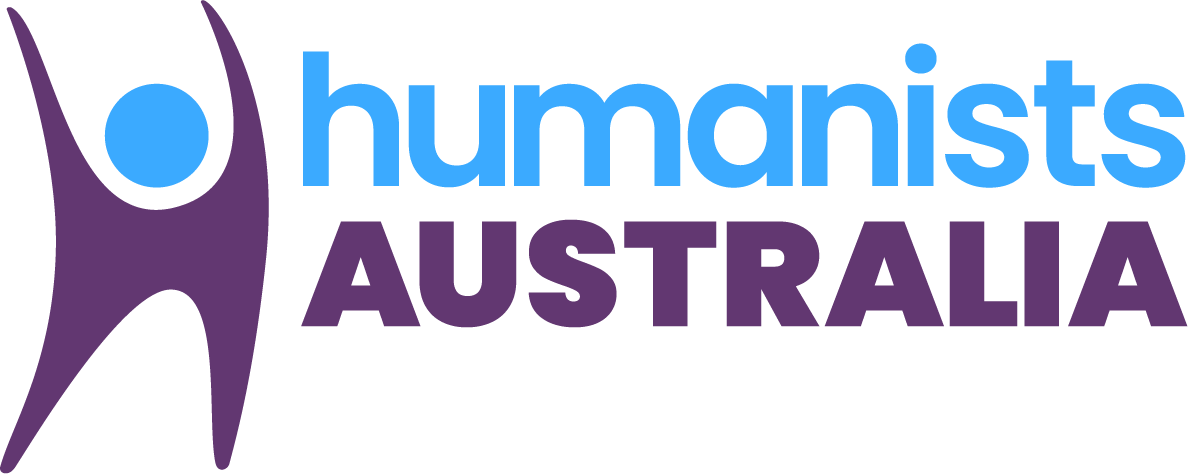AHOY 2010: Bob Brown
Senator Bob Brown is Leader of the Greens and well known grass-roots campaigner for the environment and human rights. As a publicly avowed atheist, he has been outspoken over many decades on numerous matters of concern to Humanists.
Born in Oberon NSW in 1944, he was educated at government schools and Sydney University, where he studied medicine. He worked as a G. P. from 1968 to 1980. In 1972, he moved to Tasmania where he became involved in the environmental movement, particularly in the campaign to save Lake Pedder.
As Director of Tasmanian Wilderness Society, he led the campaign to save the Franklin River Valley from being drowned under the proposed State-backed hydro-electricity scheme. This lead to his arrest in 1983 and 19 days in prison. In 1986, he was shot at by angry loggers. Again, in 1995 he was jailed twice for participating in a peaceful environmental protest to protect the Tarkine wilderness from logging. In 2009, he faced financial loss due to a legal battle with Forestry Tasmania.
Representing the Greens, Bob served in Tasmania’s lower House for ten years from 1983 to 1993. During that time, he introduced private member’s bills for freedom of information, dying with dignity, lower parliamentary salaries, gay law reform, the banning of battery-hen farming, a nuclear free Tasmania and, in 1987, an unsuccessful bill for gun control. An agreement to support the Labor minority government achieved significant gains for Tasmania and particularly the environment, but broke down over forestry issues. He was strongly involved in the foundation of Australian Greens nationally.
In 1996, Bob was elected as a Senator for Tasmania and became Leader of the Greens in the Senate. In his impressive first speech to the House, his mention of the danger of climate change and rising sea levels was greeted with laughter. He introduced private member’s bills on such concerns as forest protection, blocking radioactive waste dumping in Australia, banning mandatory sentencing for indigenous Australian children and reducing carbon emissions. He opposed the sale of the Snowy Hydroelectric Authority. He was an outspoken critic of the Howard government’s policies on asylum seekers and the Tampa incident, the 2003 invasion of Iraq, the detention in Guantánamo Bay of David Hicks and of Mamdouh Habib.
He was suspended from Parliament for his protests while President Bush addressed Parliament in 2003. He campaigned for gay marriage in 2004, opposing Howard’s amended Act. He brought the problem of petrol sniffing in central Australia to the attention of Senators and has presented a petition against prayers in Parliament to the Senate. On foreign affairs, he has expressed strong support for rights of oppressed people in East Timor, West Papua, Tibet and Burma.
In 2007, he introduced a private member’s bill to overturn the Euthanasia Laws Act 1996 and restore the Northern Territory legislation to allow terminally ill people to choose voluntary euthanasia under rigorous conditions. He also supported attempts by the ACT to legislate similarly. This bill is still before Parliament.
Bob has published a number of books, including Wild Rivers (1983), Lake Pedder (1986), Tarkine Trails (1994), The Greens (1996, with Peter Singer), Memo For A Saner World (2004) and Tasmania’s Recherche Bay (2005). He founded the Australian Bush Heritage Fund, a co-operative to buy land for conservation, and remains its Patron. He is also involved with the Australian Conservation Foundation and the Wilderness Society.
Bob’s high profile and active involvement with environmental causes has led to him being honoured in 1987 by the UN Environment Programme Global 500. In 1990, he received the Goldman Environment Prize (US) and in 2006 he was chosen as a Rainforest Action Network Environmental Hero.
Australian Humanists are pleased to award the 2010 AHOY to Senator Bob Brown for his dedicated, courageous and often lonely campaign to save our planet, particularly by taking on the powerful vested interests of mining and wood-chip industries. Furthermore, Humanists especially applaud his campaign to legalize voluntary euthanasia and his tireless striving on matters of human rights and social justice issues, both nationally and internationally.

